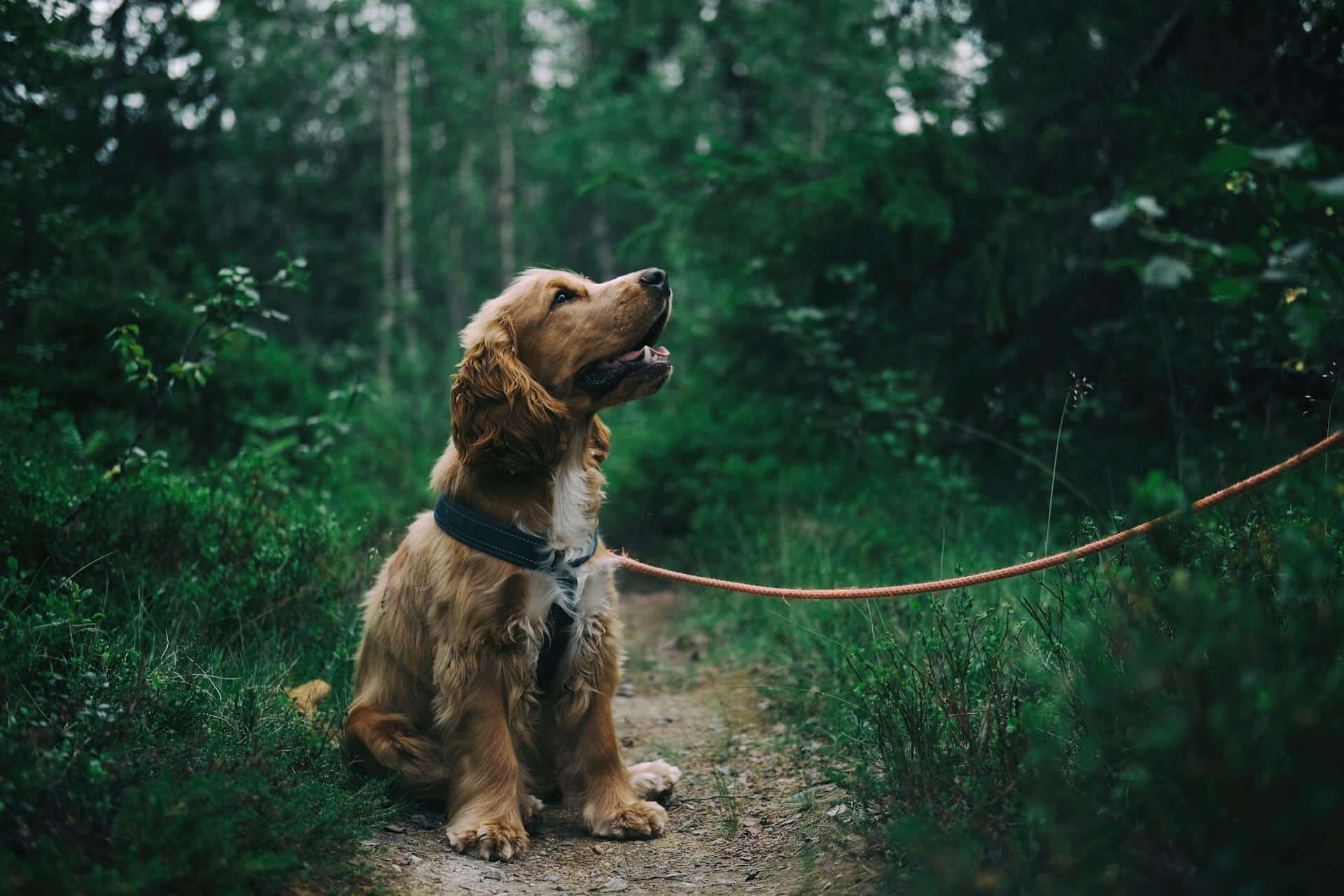Just as people age, so too do our beloved pets. Dogs, in particular, can show signs of aging that, if we are not careful, we may miss or overlook. Recognizing the signs of aging in dogs is crucial to ensure their comfort and health throughout their senior years. When your dog reaches their golden years, understanding the changes they may go through can help in providing the proper care and love they need.
In this comprehensive guide, we will delve into the key aspects of dog aging, including signs to look out for, potential issues and how we can help our pets live a comfortable and quality life in their twilight years.
Dans le meme genre : Choosing the right bedding for small mammals
Recognizing the Signs of Aging
Dogs, like all living creatures, undergo a series of changes as they age. These changes can range from the physical to the behavioral, and understanding these signs can help you in adjusting their care correctly.
Common signs of aging in dogs may include a decrease in energy levels, weight changes, graying fur, and changes in their hearing or vision. More serious signs could also be indicative of health issues, such as unexplained weight loss, persistent coughing, difficulty in moving or signs of pain, and changes in appetite or water consumption.
A lire également : Tips for puppy training
It’s essential to remember that aging is a natural process, but any drastic changes or signs of discomfort should prompt a visit to the vet for professional advice.
Understanding Dog Years
A common misconception is that one human year is equivalent to seven dog years. In reality, the aging process for dogs can be more complex and varies greatly depending on breed, size, and overall health.
Generally, smaller breeds tend to live longer than larger breeds, and they may not start showing signs of aging until they are 10 to 12 years old. In contrast, larger breeds might start showing signs of aging as early as 5 to 6 years old.
Understanding your dog’s age can help in anticipating potential health issues, adjusting their diet and physical activity, and managing their overall care as they grow older.
Health Changes in Aging Dogs
As dogs age, they become more prone to certain health issues. Regular vet visits are crucial in early detection of these potential problems, and can go a long way in ensuring your pet’s comfort and health.
Common health issues in senior dogs include arthritis, dental disease, kidney disease, cancer, and heart disease. Weight loss or gain could also indicate underlying health issues, such as diabetes or thyroid problems.
Being vigilant and aware of any changes in your dog’s behavior, appetite, and overall demeanor can make a significant difference in managing their health.
How to Help Your Aging Dog
Becoming a senior doesn’t mean your dog can’t enjoy a quality life. There are several things that you can do to help your aging pet maintain a healthy and comfortable lifestyle.
Regular exercise, a balanced diet, and regular vet check-ups are essential. Adjusting their diet to their age and health status can help maintain optimal weight and provide necessary nutrition. Exercise, albeit less strenuous, can help maintain mobility and muscle mass.
Pain management is also crucial for older dogs, especially those suffering from arthritis or other painful conditions. Talk to your vet about safe and effective pain management options.
When to Seek a Veterinarian’s Help
While aging is a natural process, it may sometimes come with health complications that need professional intervention. Any drastic or sudden changes in your pet’s behavior, weight, appetite, or overall health should be discussed with a veterinarian.
Signs that warrant a vet’s visit could include persistent coughing, unexplained weight loss or gain, difficulty moving, noticeable changes in vision or hearing, or any signs of discomfort or pain.
Remember, our pets can’t voice their discomfort or pain like we can. It’s our responsibility to recognize the signs and get them the help they need.
By being vigilant, understanding the signs of aging, and providing the care and love they need, we can ensure our dogs live their golden years in happiness and comfort.
Dealing with Cognitive Dysfunction in Aging Dogs
As dogs advance in age, they may begin to experience cognitive dysfunction, similar to dementia in humans. This condition is characterized by noticeable changes in the dog’s behavior and mental capabilities. It is crucial to understand that this is a genuine health concern and not just an inevitable part of aging.
Symptoms of cognitive dysfunction in dogs may include confusion or disorientation, changes in sleep patterns, house soiling, and decreased interaction with family members. These changes may be subtle at first, but as the condition progresses, they can become more apparent.
The cause of cognitive dysfunction in dogs is not entirely known, but it is believed to involve the deterioration of brain tissues. There’s currently no cure for this condition, but early detection and intervention can help manage its symptoms and improve your senior dog’s quality of life.
Just like humans, a combination of a balanced diet and mental stimulation can slow down the progression of cognitive dysfunction. Special dog food designed for senior dogs can provide the necessary nutrients to support brain health. Interactive toys, puzzles, and regular exercise can help keep your dog’s mind sharp.
Taking Care of Your Aging Dog’s Teeth
Oral health is often overlooked, but it’s a crucial aspect of a dog’s overall health, especially for senior dogs. Dental problems can lead to serious health issues if left untreated, including heart disease and kidney problems. Therefore, regular dental care is essential for your older dog.
Signs of dental issues in dogs may include bad breath, difficulty eating, drooling, or changes in chewing habits. Regular brushing of your dog’s teeth can help prevent plaque buildup and gum disease. Dental chews and specific dog food can also aid in maintaining oral health.
Vets can perform a professional cleaning if necessary. However, this typically involves anesthesia, which may not be suitable for all senior dogs. It’s always best to discuss this with your vet to decide on the best course of action.
Conclusion: Helping Your Dog Age Gracefully
Being aware of the signs of aging and potential health issues in your dog is the first step to ensuring they live their golden years in happiness and comfort. However, it’s not just about recognizing the signs. It’s also about being proactive in managing their health and providing the necessary care.
Make your senior dog’s health a priority. Regular vet check-ups, a balanced diet, mental stimulation, and an active lifestyle can significantly enhance your dog’s quality of life as it ages. And remember, old age doesn’t mean a lack of vitality or enjoyment of life.
Your dog has brought you joy and companionship throughout its life. As it transitions into its golden years, it’s your turn to give back. By recognizing the signs of aging and providing the right care, you can ensure your aging dog lives its twilight years with dignity, comfort, and love.






